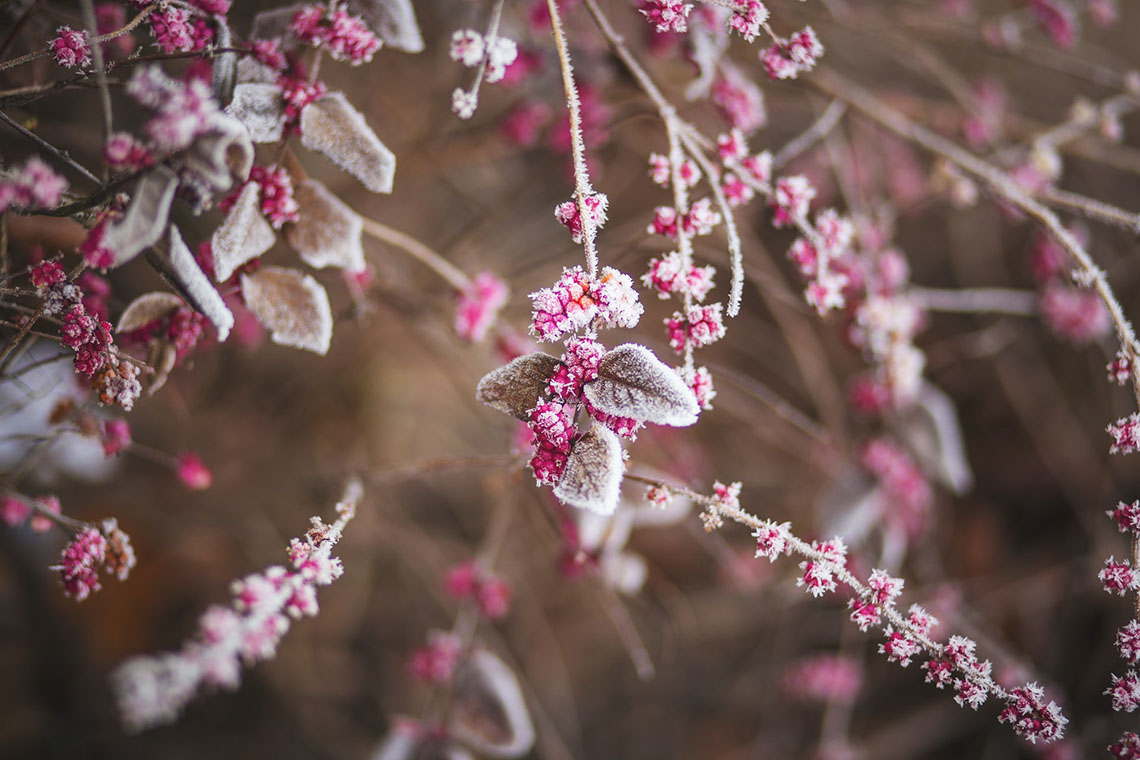
“Harmonizing your will to nature should be your utmost ideal.”
~Epictetus
Being back in the clinic over the last few weeks, I have seen my fair share of people suffering from illnesses that we often associate with Winter: cough, common cold, fever, headache, chills, sore throat, etc. Illness happens and regardless of the time of year that it occurs in, it is not so much about x virus or y bacteria as it is how our body is able to respond to it. Normally, the body is able to put up a defense and we hardly notice it happening. On the occasions that we are sick, the symptoms that we experience are caused by our bodies response to the invading pathogen, rather than the pathogen (x virus / y bacteria) itself. With that said, I am not a proponent of never getting sick, illness is merely a reflection of our body’s ability to fight it’s way back to dynamic equilibrium. Occasional illness for the average adult (or especially child) could be seen as a workout for the immune system. As long as we are able to recover and restore health in a reasonable time frame, then we are simply better prepared for the next invasion. Of course, it is a whole other topic if we suffer from the same illness over and over again, but I will leave that for another day.
What I would like to share with you are some simple tips for keeping your immune system strong for the remaining months of Winter. First let me start with some background information about Winter from a Traditional Chinese Medicine perspective, more specifically from a 5 Element perspective.
The Five Elements in TCM are: Fire, Earth, Metal, Water and Wood.
The Water Element is associated with Winter, along with a wide variety of other characteristics. I won’t go into too much detail about that here, but I will share the most relevant of those for today’s topic.
- Water’s associated organs are Kidney and Urinary Bladder.
- It is associated with the ears and bones.
- It’s imbalances manifest through the hair.
- It’s color is black.
- It’s direction is downward.
- It is utmost yin.
- It’s emotional link is fear.
- Keep those in mind as we move onto some practical information about keeping healthy this Winter.
1. Rest
Winter being a time of utmost yin, it is appropriate to take more time for rest. We can see this reflection in the natural world around us, as the days are shorter giving us more hours of darkness. This is a good time of year to get an extra hour of sleep or at least be sure you sleep 7-8 hours per night. Also related to rest and Winter, our Kidneys function somewhat as the powerhouse of the body and getting rest now can prepare us for the more active Spring time.
2. Favor warm food and drinks
Although I would argue that we should try minimize drinking ice cold beverages year round, it is especially important during the Winter months. We can use this time to nourish the body with warm foods, especially soups or stews, and warm beverages, such as ginger tea. The digestive system is warm and according to TCM it’s warmth stems from the Kidneys. This digestive fire that we possess transforms the food we eat into energy that the body can use to put up a defense. By keeping the digestive fire and the Kidneys nice and warm, we boost our immunity.
3. Incorporate adaptogenic herbs into daily life
An adaptogenic herb is really just what it sounds like; essentially it assists our body’s ability to adapt to the changing environment that surrounds us. These herbs can help the body when facing stress of all kinds. Of course, they can be useful throughout the year, but they can prove especially helpful around this time. Some common adaptogenic herbs are: astragalus, cordyceps, ashwagandha, and tulsi (Holy Basil). The first two are commonly used in Chinese herbal medicine and the last two are commonly used in Ayurvedic medicine. Astragalus is a root that can easily be added to soups or used to make a tea. Ashwaganda and tulsi are widely available in tea form or capsules (I like Banyan Botanicals and Organic India). Cordyceps is most commonly seen in capsule form, but be particularly careful when buying this one because quality can vary depending on the source. That goes for the other herbs as well but more so for cordyceps. While these herbs can be used by most of us, it is always best to check with an herbalist beforehand who can work with your individual constitution.
4. Dynamic movement
This is very important to include for those of us who feel any degree of Winter time blues. We all know the benefits of exercise and have experienced those on a personal level to some degree. To clarify the importance in regards to TCM, any form of dynamic movement; such as running, yoga, Tai chi, swimming, dancing or cycling, can help to break up stagnation in the body. Stagnation can be viewed simply as a blockage, like a traffic jam on the freeway. When we move our body, we facilitate that flow of energy and we quite literally can feel the blood moving. While stagnation is not closely related to the Kidneys or the Urinary Bladder, it is definitely related to our overall well-being and our immune function.
5. Simple Qi Gong exercise
This exercise comes from one of my yoga teachers, which he learned from a Qi Gong master. It’s really simple: just stand with feet about hip distance apart, knees slightly bent, take both hands behind you towards the low back and make loose fists. Using the loose fists, gently tap the low back, close to the kidneys, moving the tapping motion up and down along the spine or keeping it in place for at least 30 seconds. This stimulates blood and energy flow to the Kidneys and also along the Urinary Bladder meridian, both related to Winter and to our well-being. Essentially, this tapping or pounding using the fists can be done for the whole body, but just try the low back first and I will encourage you to incorporate more once we reach Spring time.
Try to take at least one idea from this list and incorporate it into your life in a way that serves your body this Winter. From a list of many, I narrowed it down to these five which I believe have great potential. I also hope they provide a little more insight into Traditional Chinese Medicine and how that relates to the natural rhythms of Winter.
Please share if you found this helpful. Be well!




